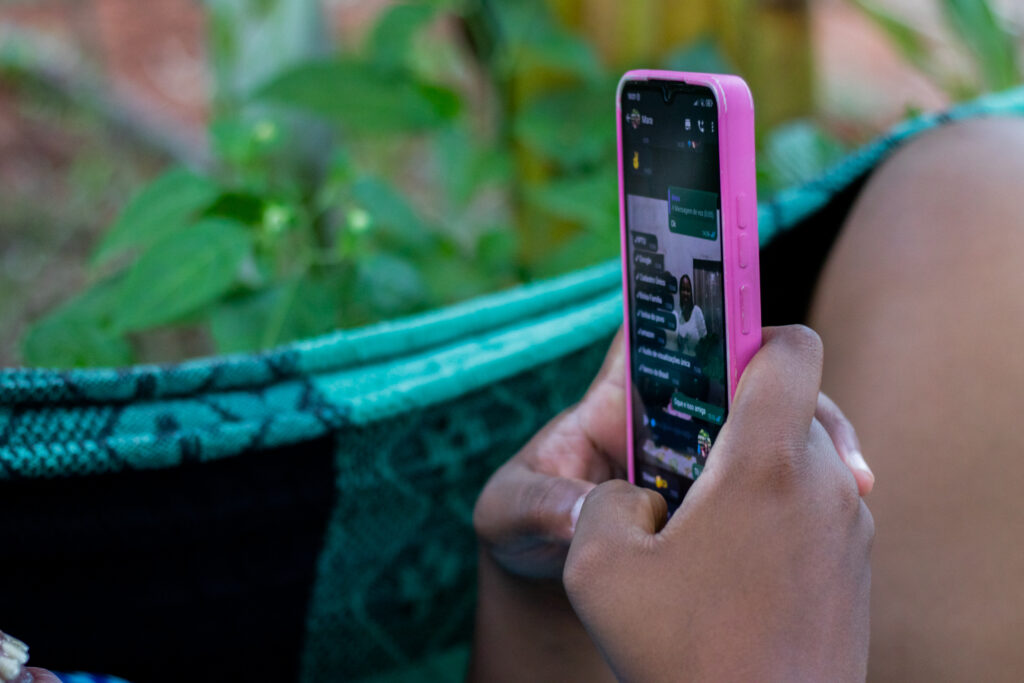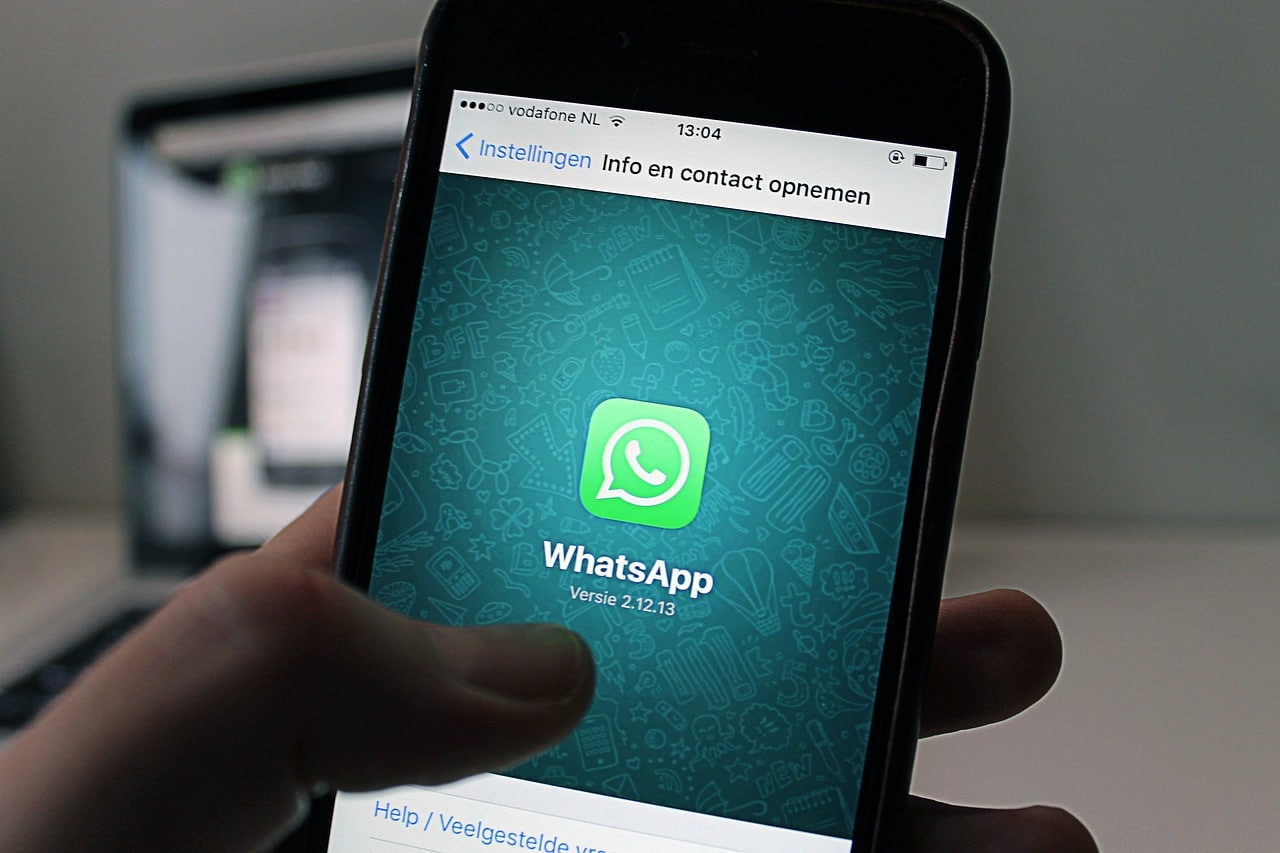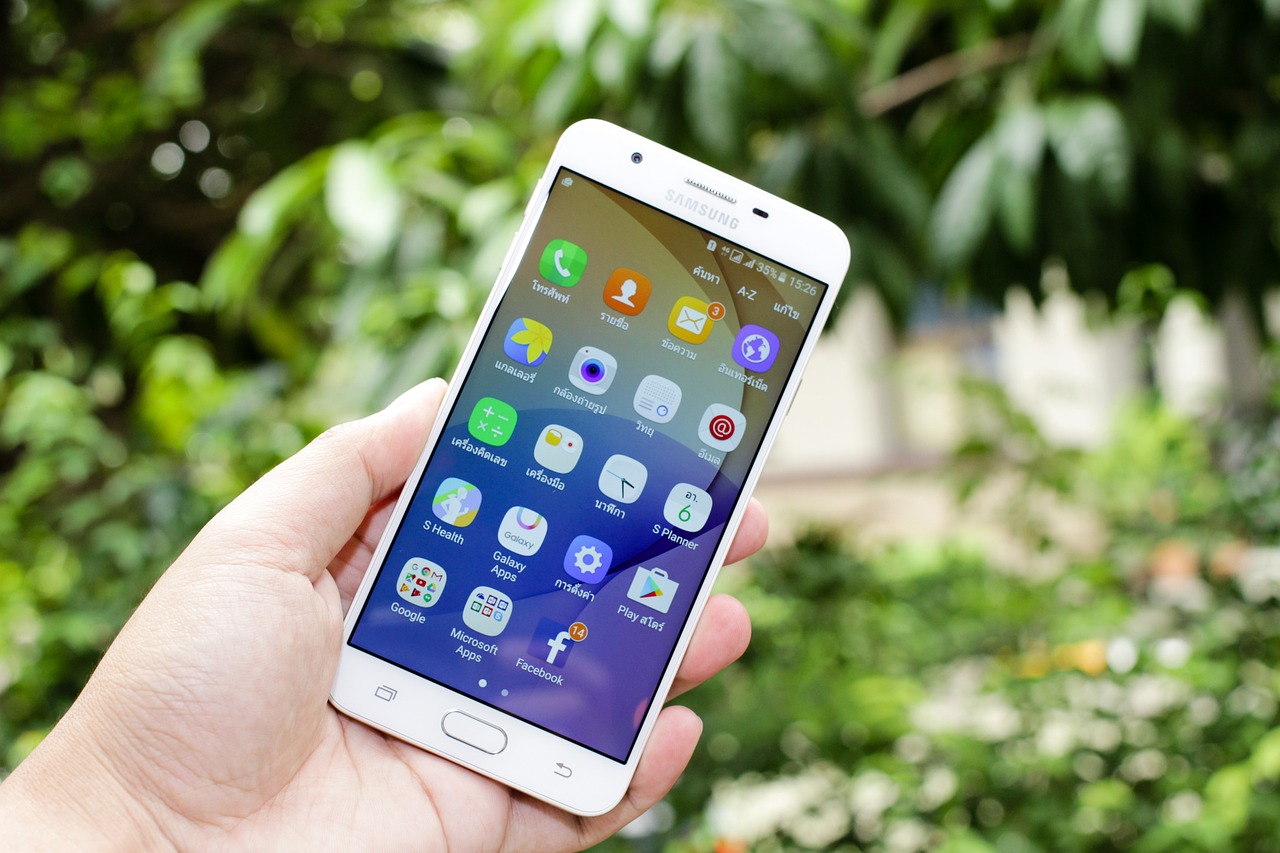WhatsApp cloning is a growing threat that can compromise the privacy of your conversations and expose you to scams by criminals. With the popularity of the app, cloning has become a problem that affects users all over the world.
Knowing how to identify the signs that your account may have been cloned is essential to protect your personal data and avoid fraud in your name.

Signs That Your WhatsApp May Be Cloned
There are four main signs that your WhatsApp account has been compromised. Being aware of these signs can help you act quickly to prevent further damage.
1. Receiving Registration Notifications on Another Device
One of the first signs that your WhatsApp may have been cloned is receiving a notification that your account has been registered on another device. This notification usually arrives via SMS or directly in the app. If you haven’t taken this action, there’s a good chance that an attacker has accessed your account.
When you receive this type of alert, it is essential not to ignore the message and take immediate action. It is important to note that WhatsApp cloning does not occur without the user noticing, as the application's security system issues these notifications automatically.
2. Difficulty Accessing the Account
Another common indication that your account has been cloned is that you suddenly get logged out of WhatsApp. This usually happens after you receive a notification that your account has been registered on another device. WhatsApp does not allow the same account to be active on two different devices at the same time, with the exception of additional devices connected via the “Linked Devices” feature.
If you start to notice that you are being logged out frequently for no apparent reason, it could be a sign that someone else is trying to use your account. In this case, it is a good idea to take steps to regain access and secure your account.
3. Unusual Activities in the App
Unusual activity on WhatsApp can also indicate that your account has been hijacked. Viewed messages that you haven't read, edits to your profile, conversations with unknown numbers, or messages sent that you don't recognize are strong indications that something is wrong.
To check if there are unknown devices connected to your account, go to your WhatsApp settings and check the “Connected Devices” section. If you identify suspicious access, immediately disconnect the devices you do not recognize and change their access passwords to prevent further intrusions.
See also:
- The same WhatsApp on two different devices; how to do it
- WhatsApp will have new “faces” for you to make video calls
- WhatsApp: new feature allows you to REMOVE the app today
4. Receiving Unsolicited Access Codes
If you start receiving confirmation tokens via SMS without having requested them, it could be a sign that someone is trying to access your account. These codes are required to complete the login process, and receiving them without having requested them is a clear sign of an attempted hack.
Never share these codes with anyone, even if the request seems legitimate. If you received a code without having requested it, simply ignore the message and keep an eye out for other suspicious activity on your account.
How to Know if Your WhatsApp Has Been Cloned?
In addition to the signs mentioned, some specific messages indicate that your account has been cloned. One of them is the SMS informing you that your account will be registered on a new device, along with the six-digit token, without you having requested it.
Another indicative message is “Unable to verify this phone”, which appears when you try to open WhatsApp and your number has been registered on another device.
Consequences of WhatsApp Cloning
WhatsApp cloning can have serious consequences. While the attacker cannot directly access previous messages, they can view recent conversations, join groups, and see your contacts.
Additionally, if an attacker has access to your Google Drive or iCloud credentials, they can restore a WhatsApp backup and access old chats and stored media.
To protect your chats and data, it is recommended to enable two-step verification on WhatsApp, use biometrics or facial recognition, and enable encryption on backups. These features add an extra layer of security, making it harder for unauthorized access to your account.
Recovering a Cloned Account
If you suspect your account has been hijacked, you can recover it. The first step is to reinstall WhatsApp, log in with your phone number, and confirm the six-digit token. This process will allow you to regain control of your account and disconnect the hacked device.
In cases of cloning via SIM swap, the procedure is more complex. You will need to request that the SIM card be blocked from the operator, purchase a new SIM card, recover the old number and reconfigure WhatsApp with the confirmation token.
Protecting your WhatsApp account from being cloned is crucial to maintaining your privacy and avoiding scams. Being aware of the signs of cloning and knowing how to act quickly can make all the difference. Activate all available security measures and always be alert to suspicious activity on your account. This will minimize risks and ensure that your conversations and personal data remain secure.



